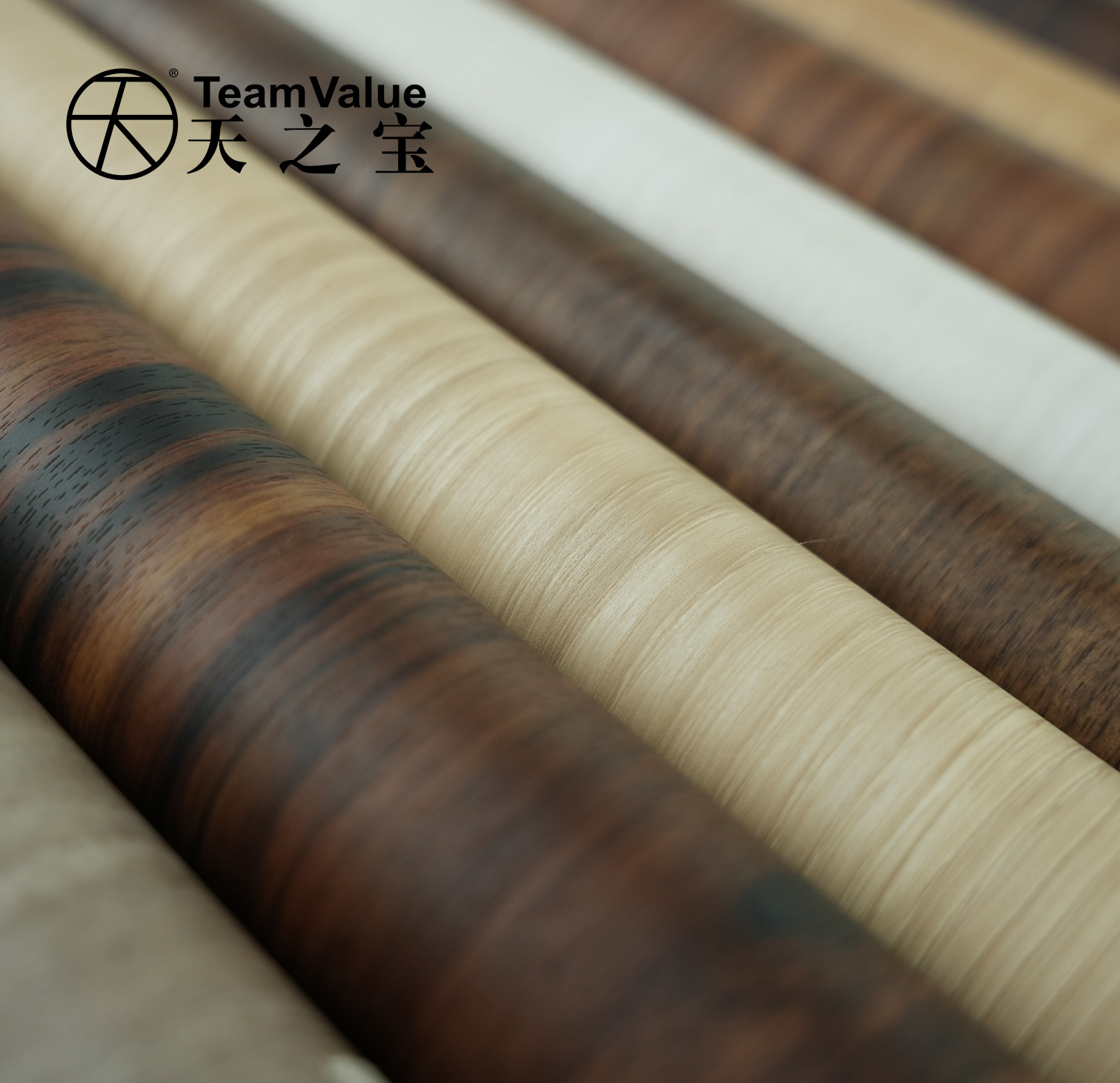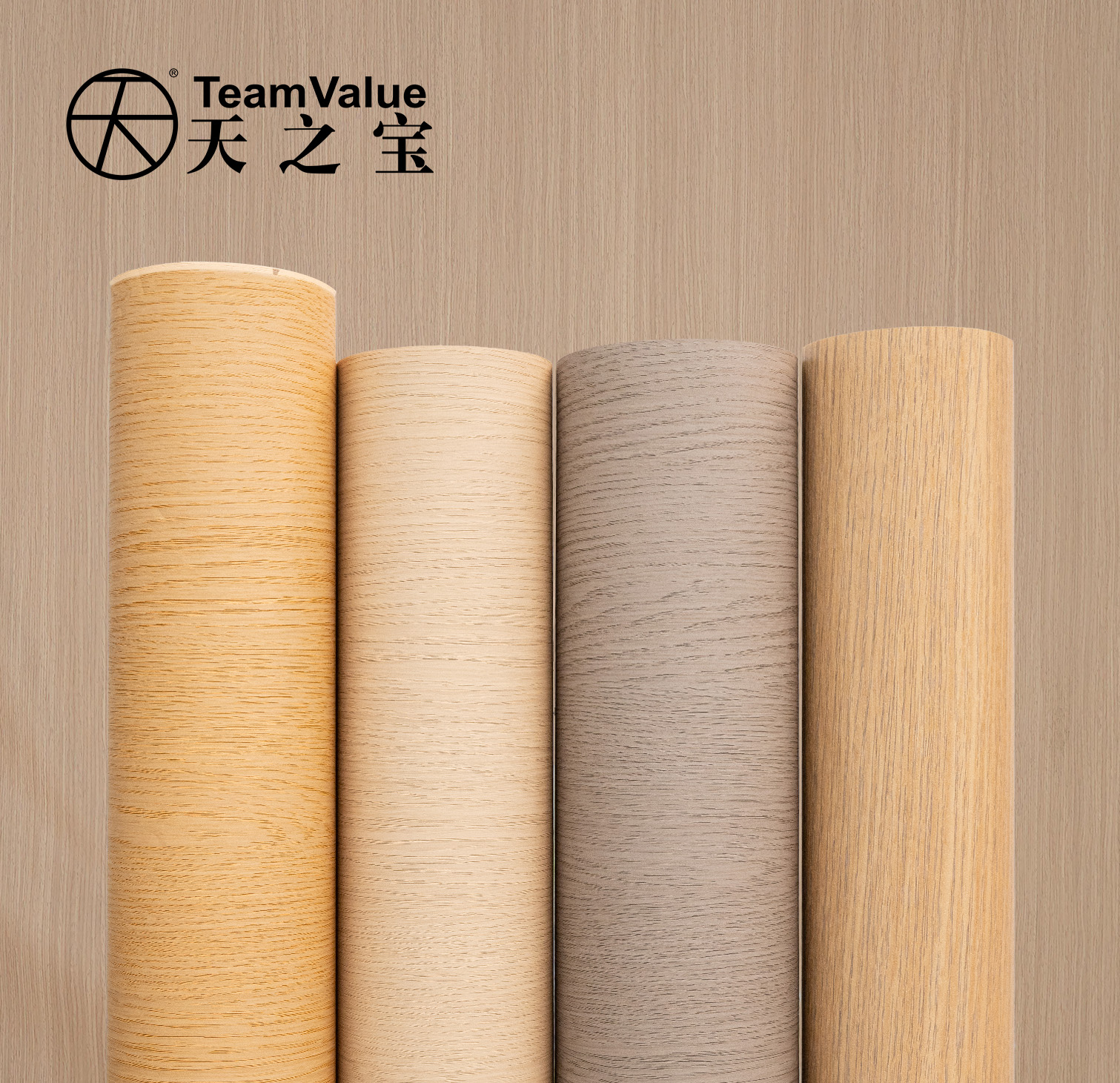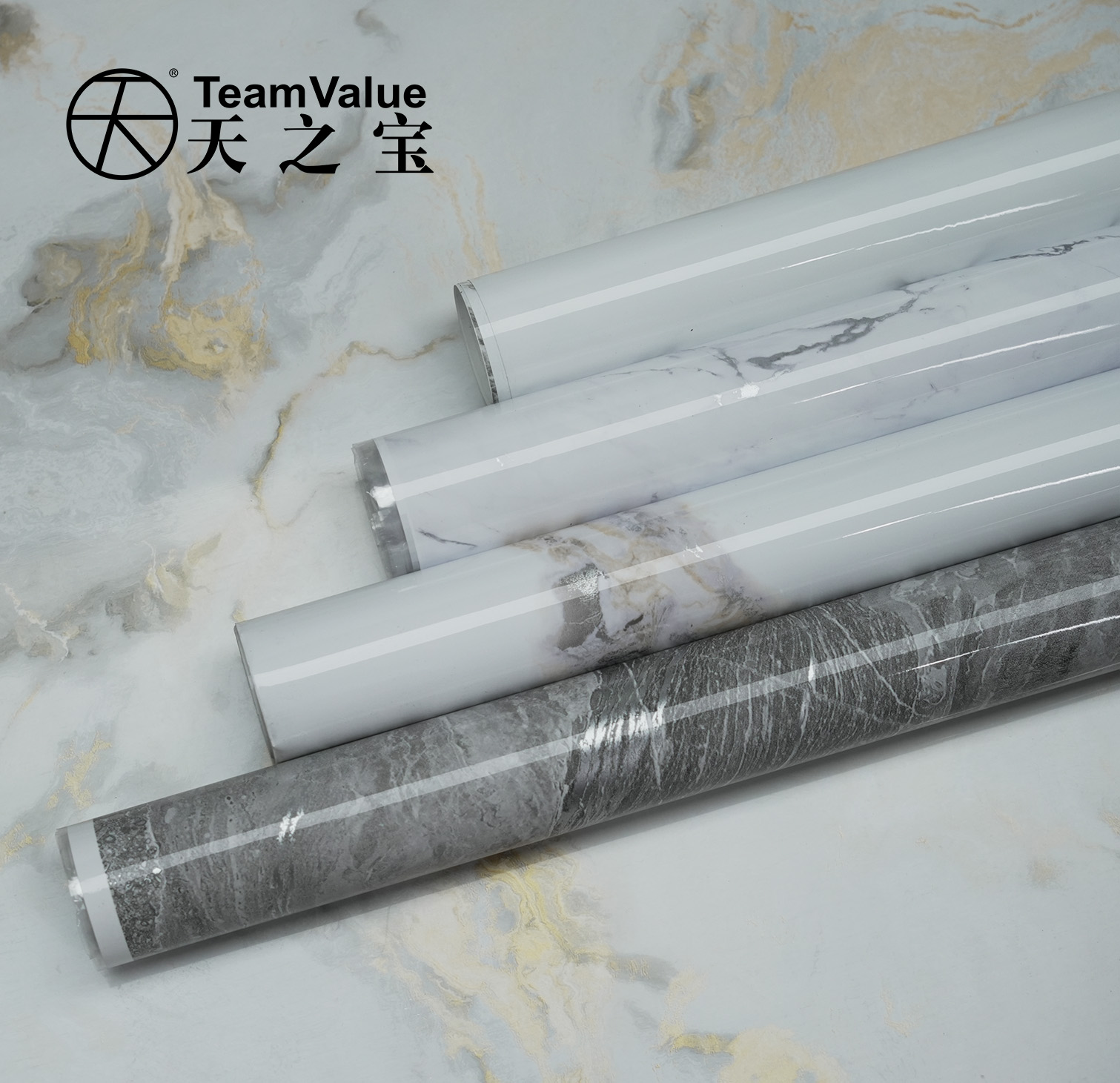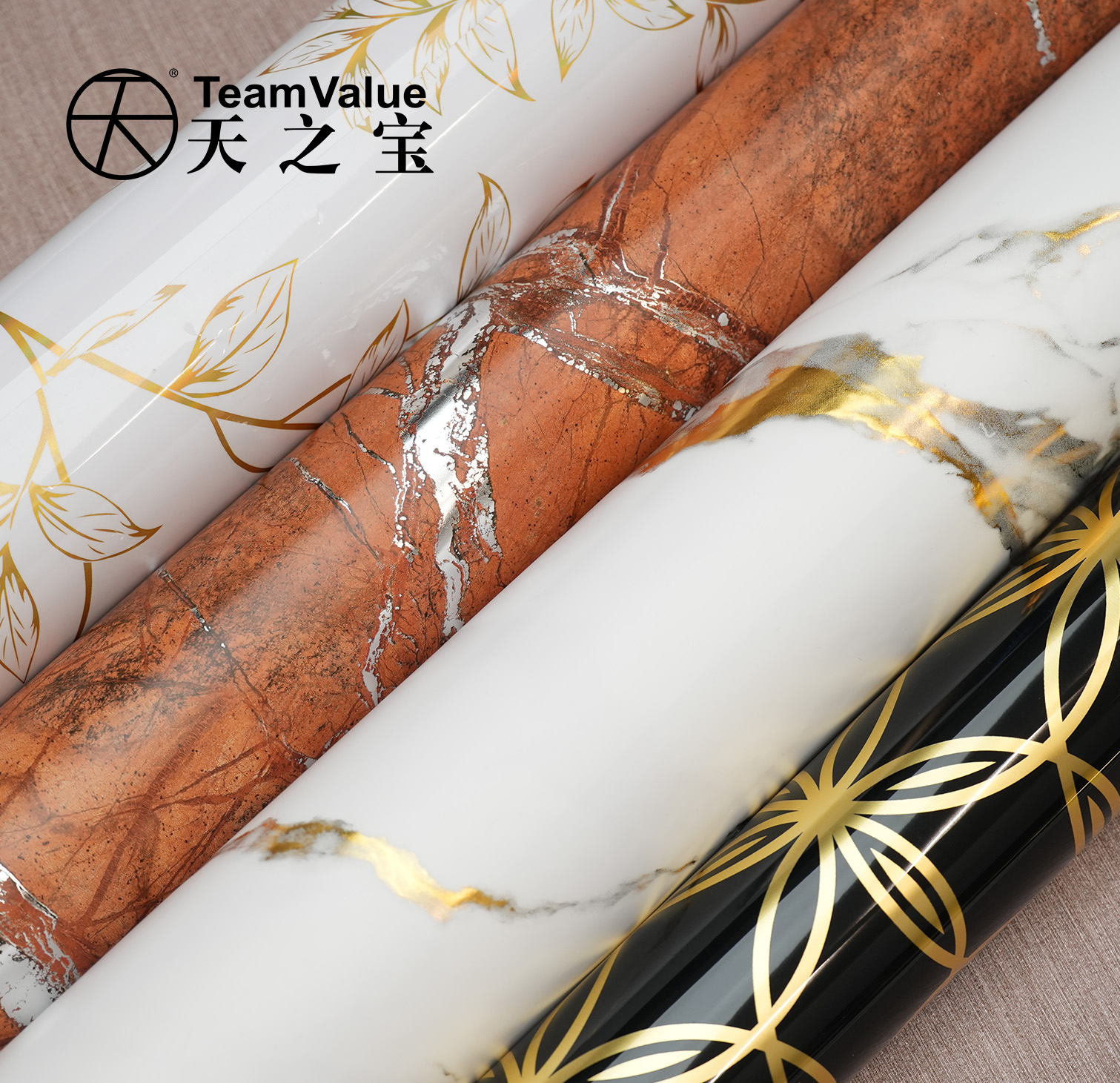PVC Decorative Film's Poor Weather Resistance Leads to Short Outdoor Lifespan - How to Solve It?
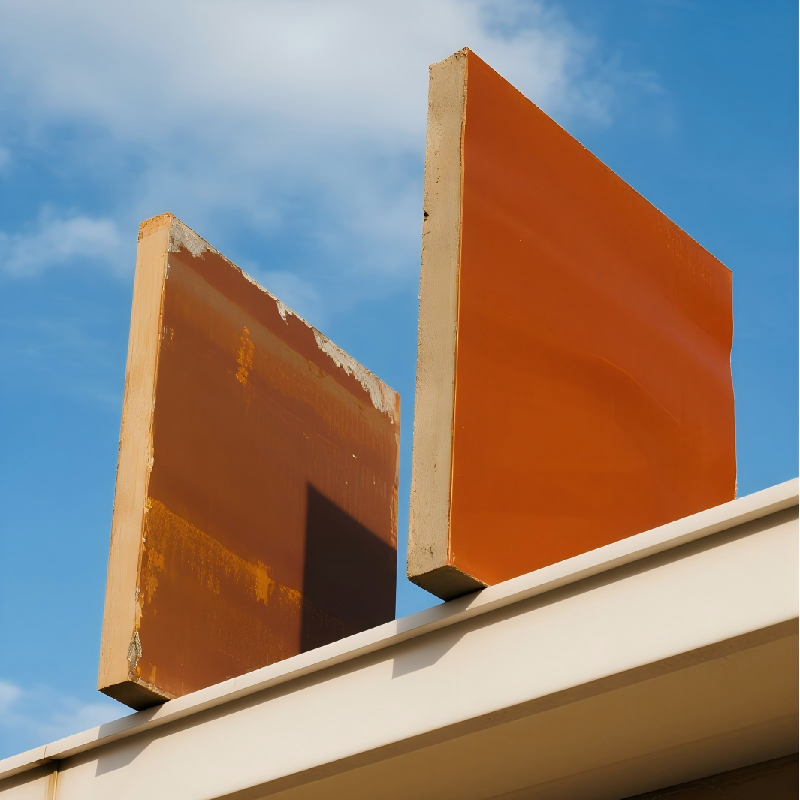
普通PVC膜(左)vs 耐候型PVC膜(右)
When exposed to sunlight and rain, standard PVC decorative films suffer from three fatal attacks:
UV Radiation - The Color Killer
Ultraviolet rays break down polymer chains, causing:
Fading and yellowing (ΔE>5 after 500hr QUV test)
Surface embrittlement (Elongation reduced by 60%)
Thermal Cycling - The Stress Amplifier
Daily temperature swings (-20℃~70℃) create expansion/contraction stress:
Edge lifting and bubbling
Microcracks that allow moisture penetration
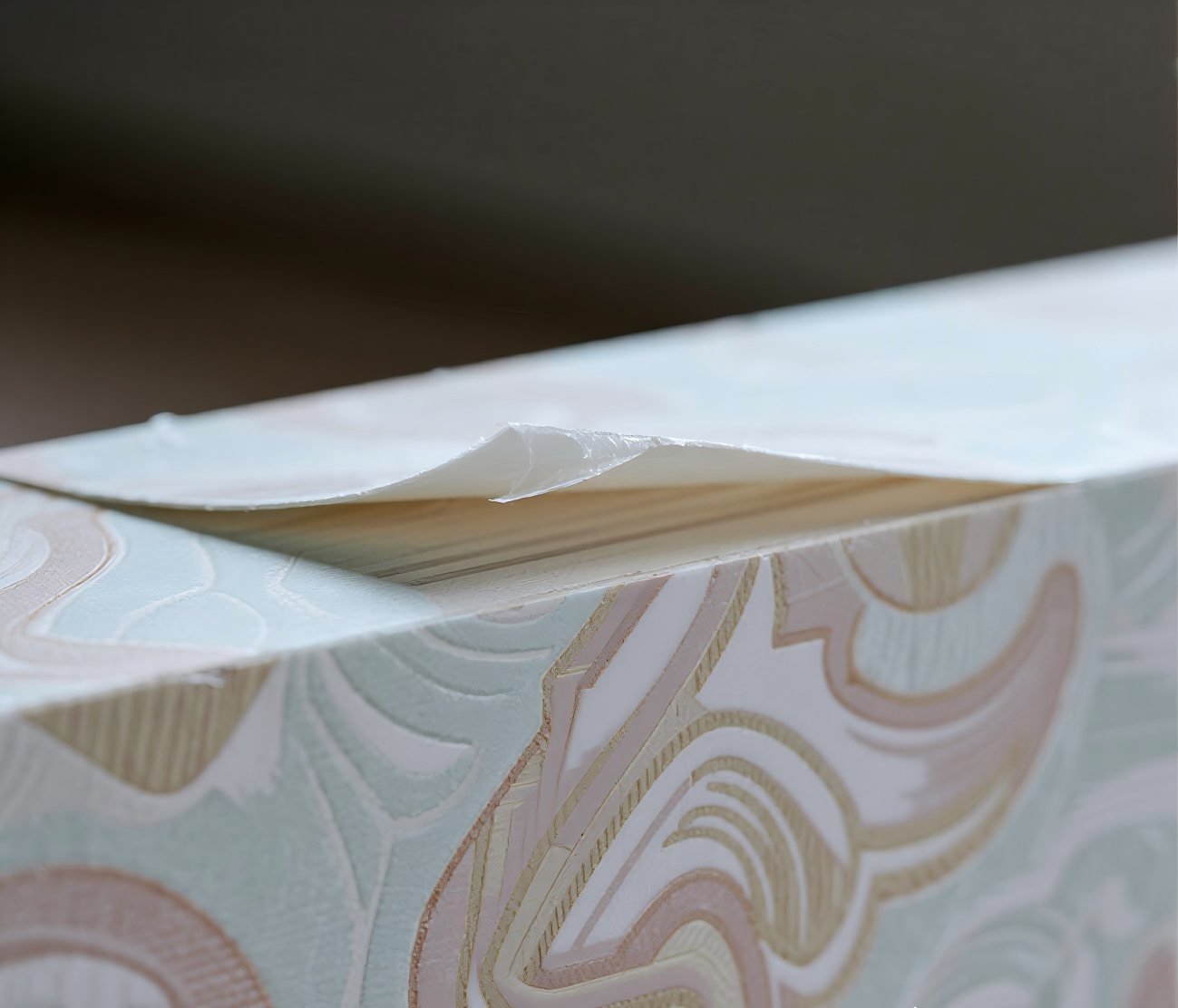
Hydrolysis - The Hidden Corrosion
Water molecules hydrolyze plasticizers:
Loss of flexibility (Hardness increase >15 Shore A)
Chalking and surface erosion
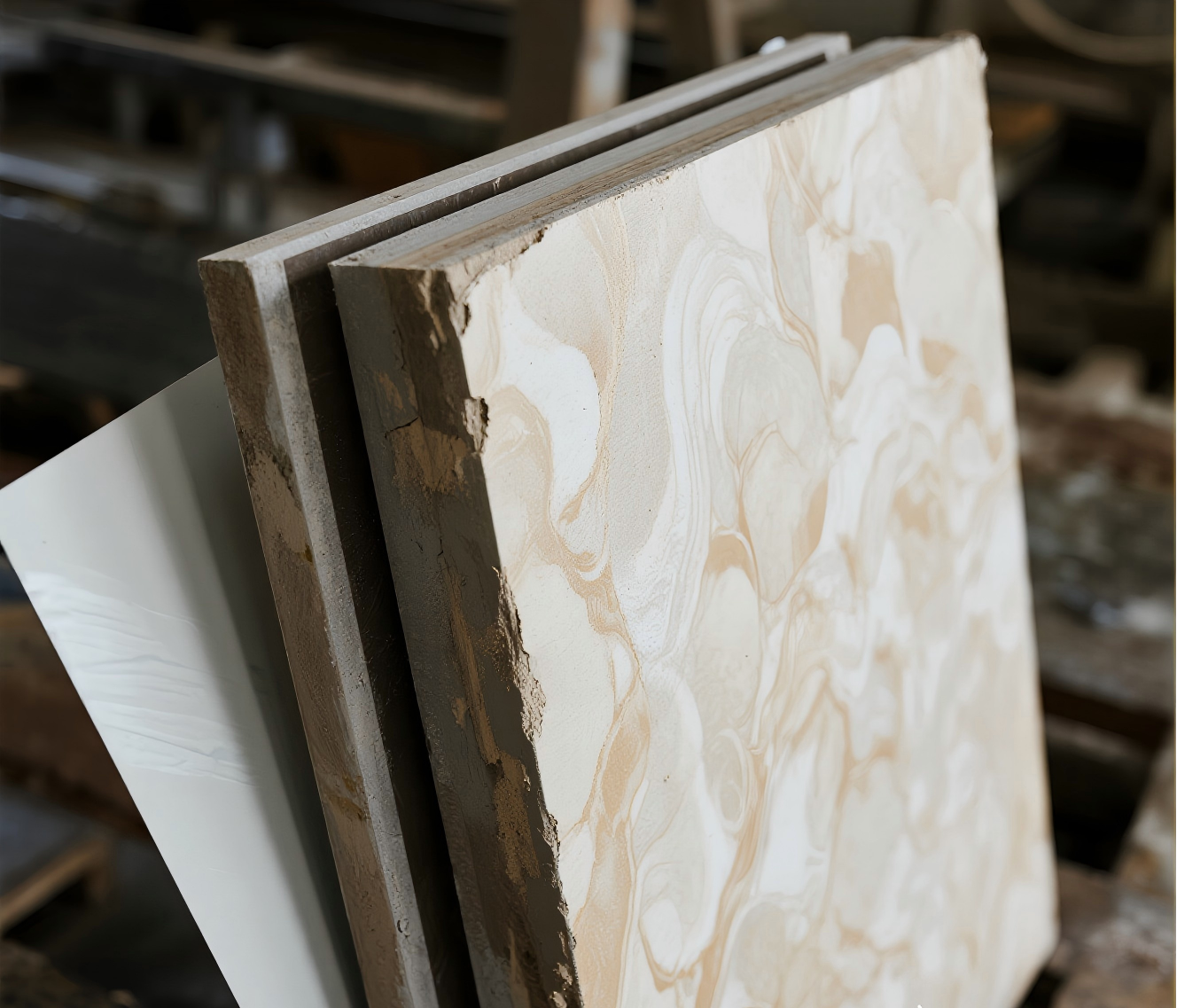
5 Scientific Solutions to Extend Lifespan to 8+ Years
Solution 1: UV Absorber + HALS Synergy
Mechanism:
UV absorbers convert UV to heat, while Hindered Amine Light Stabilizers (HALS) neutralize free radicals
Data:
Extends color retention (ΔE<3 after 2000hr QUV)
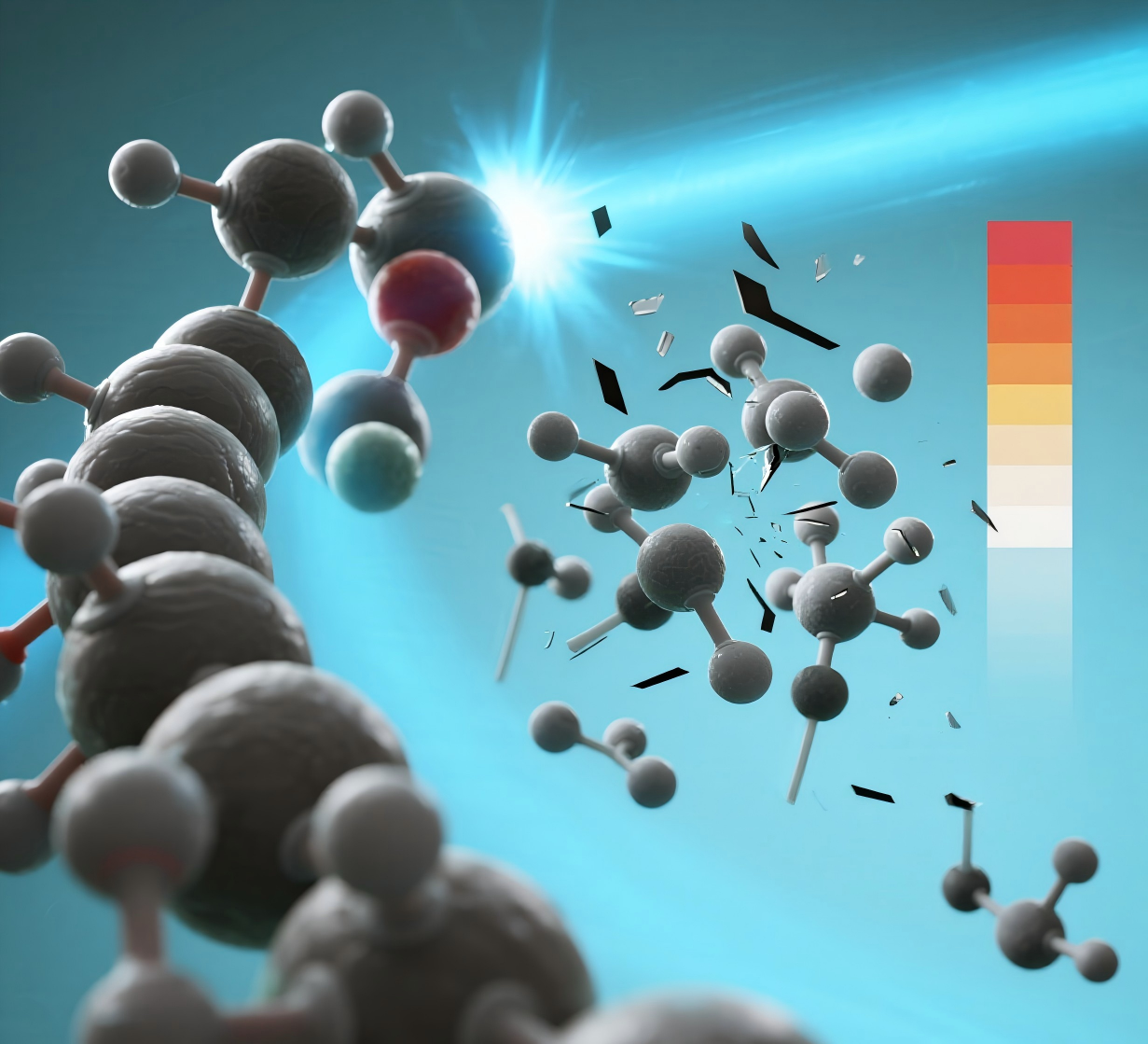
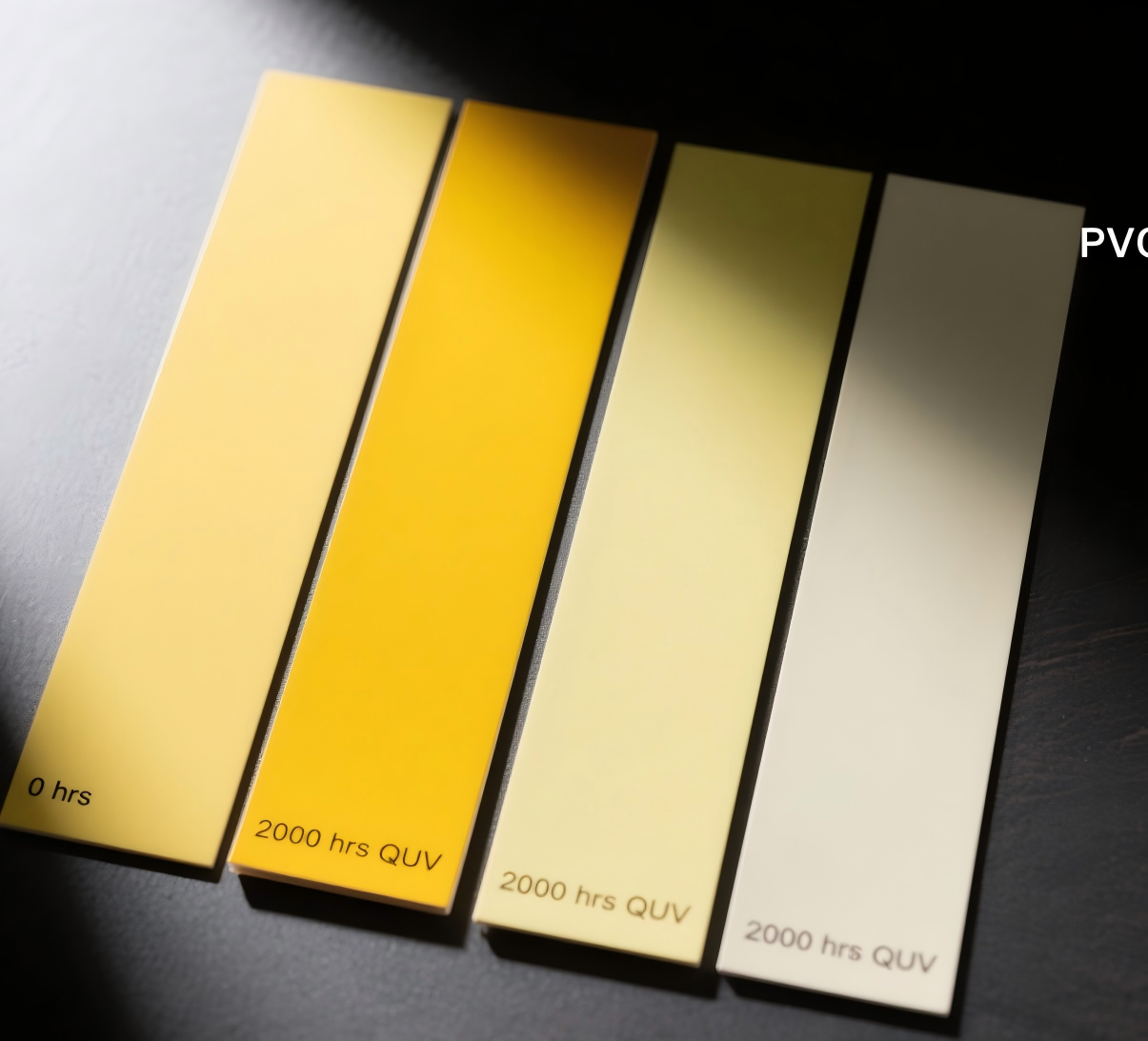
Solution 2: Nano-Ceramic Reinforced Coating
Structure:
20μm acrylic base layer
5μm SiO₂/Al₂O₃ ceramic particles (fills microscopic pores)
Fluoropolymer top coat
Benefits:
Water contact angle >110° (super hydrophobic)
Solution 3: Plasticizer Migration Blocking Technology
Innovation:
Cross-linked polymer networks trap plasticizers
Result:
Plasticizer loss <5% after 3 years outdoor (vs 25% in standard film)
Solution 4: Thermal Stress Relief Design
Technology:
Elastic intermediate layer (EVA copolymer) absorbs expansion
Performance:
Passes 100 cycles of -30℃↔80℃ thermal shock test
Solution 5: Heavy Metal-Free Stabilizers
Environmental Upgrade:
Replaces toxic lead/Cd stabilizers with Ca-Zn complexes
Certification:
Complies with REACH, RoHS, and EU EN 13501-1 fire standard
Selection Guide: 4 Critical Parameters for Outdoor Use
When purchasing weather-resistant PVC film, demand test reports for:
QUV Accelerated Aging: >4000hrs with ΔE<3, gloss retention >80%
Thermal Cycling: Pass -40℃~85℃ for 50 cycles
Water Resistance: Immersion 7 days without blistering (ISO 2812-2)
Plasticizer Content: >30% for low-temperature flexibility
Industry Alert: Beware of "all-weather" claims without certification data!
The Future: Smart Self-Healing Films
Emerging technologies will revolutionize weather resistance:
Microcapsule Technology: Releases healing agents when cracked
Thermally Responsive Polymers: Automatic sealing at 50℃+
Our R&D Progress: Lab prototype achieves 92% scratch recovery


